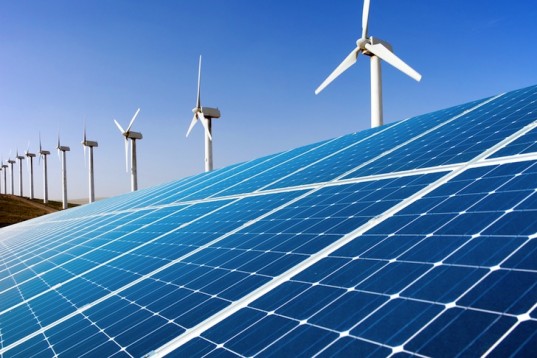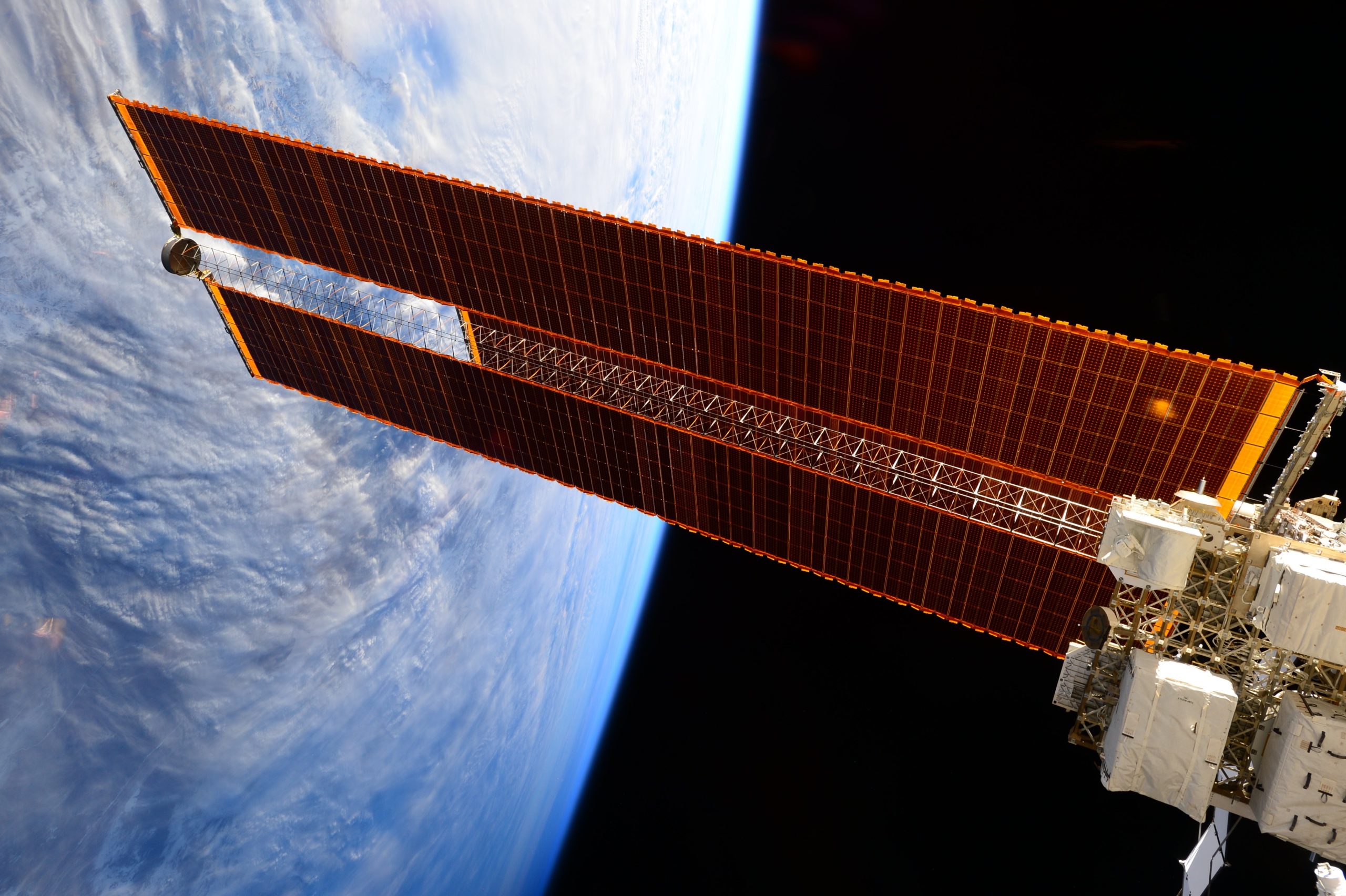
How much space would it take to put the whole of the United States on solar power?
Well, it depends a lot on the region where you install those solar panels. Las Vegas gets almost twice as much solar energy as some other places, with 26.8 kilowatt-hours per day in a five-kilowatt system, compared to 14.9 kWh per day in Seattle. The figure that’s been bandied about is that it would “only” take 17,500 square miles to generate the 4 trillion kilowatt-hours of energy we burn through every year. If you put those miles in a single place, you’d have a square that’s 132 miles on each side, in the most solar-friendly climate. And this area does not account for the roads, service areas, wires, transformers, etc. that would take up a chunk of those miles. You’d also have to make up for a loss of 5 percent in transmission lines and a loss of around 15 percent from storage batteries that would have to be used to store power when it’s dark outside.
In slightly less grandiose terms, we can all start putting more solar right up there on our very own rooftops, where they take no additional land. After all, the price of solar has dropped dramatically. In California for example, you can now get that five-kilowatt system for only around $11,000 a year with the federal rebates, and it will pay for itself in only seven years. That seems quite affordable, but if it sounds like too much, you can pay a small amount more per kilowatt to obtain a loan to finance it. Almost 39 percent of the total U.S. electric power needs could be generated right on our rooftops, according to a study by the National Renewable Energy Laboratory, which also found that there are 8.12 billion square meters of buildable rooftops in the United States.

Story Source:
The above post is reprinted from materials provided by sierraclub. Note: Materials may be edited for content and length.

















0 responses on "How much space would it take to put the whole of the United States on solar power?"